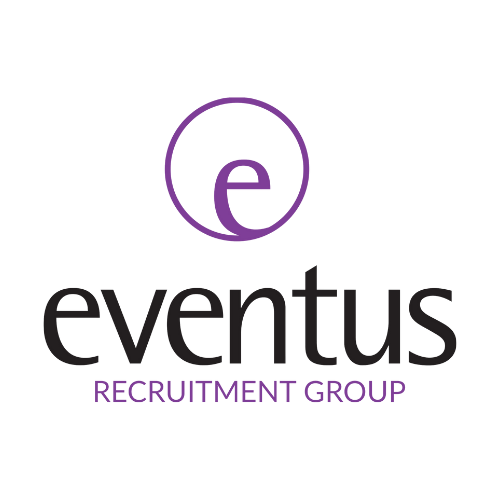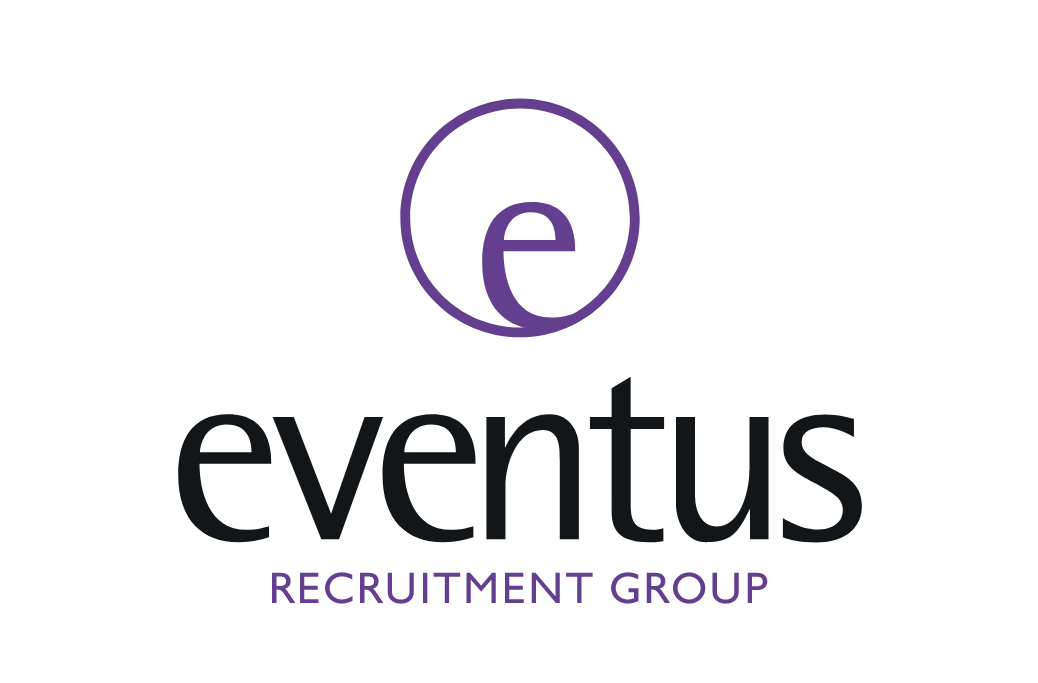Volume Vs. Specialist Recruitment: Key Differences
Recruitment is a crucial process for any company, involving the search, application screening, interviewing, selection and onboarding of new employees. Many companies choose to partner with recruitment agencies to make this process more efficient. However, not all recruitment agencies operate in the same way—some focus on volume recruitment, while others specialise in specialist recruitment.
Understanding the difference between these two approaches is vital for making informed decisions when hiring. This blog will help you explore the key differences, enabling you to select the right recruitment partner for your specific needs. By doing so, you’ll ensure a more effective and efficient hiring process for your business.
Whether you’re hiring for multiple roles, temp staff, or searching for niche expertise, choosing the appropriate recruitment consultant is essential to achieving your objectives.
Firstly, what are volume and specialist recruitment?
Absolutely there is a place in the market for both volume and specialist recruiters. Both serve completely different purposes.
A volume recruiter services a client in the need for efficiency, where the skillset may be more straight forward. Industries that utilise volume recruitment to their advantage can include the likes of call centres, manufacturing, retail, and hospitality. Short-term roles or companies with high turnover are also likely to fall under this style of recruitment.
On the other hand, a specialist recruiter is for when a role is more niche or technical. The candidate source may be refined and smaller, with more specific requirements. Legal, Healthcare, IT, Finance and Engineering are some examples of industries requiring a more refined approach to recruitment, and a much longer-term approach.
Efficiency Focus
Mostly, volume recruiters optimise for speed and efficiency across many hires. The process is built to scale efficiency. Aiming to fill multiple roles quickly across various sectors, volume recruiters focus on high numbers. Often, this comes as a cost of building less long-term relationships. In turn, this means a lot of these placements are a one-time transaction, without return custom from the client as no relationship was formed.
Contrastingly, specialist recruiters tend to invest more time in building relationships with clients and candidates. Thus, maintaining a network of top talent in a specific field. Investing considerable time in each placement, specialist recruiters take a more targeted approach. Concentrating on fewer, yet high-quality candidates in that specific area. Whilst placement rates may be less than volume recruiters, a specialist ensures long-lasting hires ensuring a perfect candidate is placed for the role.
Time Spent on Placements
Less time is spent on each individual hire when it comes to volume recruitment. Allowing efficiency and a high rate of placements. They prioritise speed, however this may be at the cost of lack of depth in certain industries. Yet in a high turnover organisation, such as a call centre, speed is essential.
Frequently engaging with candidates over longer periods of time, specialised recruiters can align them with highly specific roles. Likewise, specialist recruiters will prioritise building long-term relationships with hiring firms. These placements can take a long time, as their aim is to ensure that the perfect match is made for the long-term. Ultimately, saving recruitment costs of having to re-hire again in the short-term. Time is spent on building relationships with both candidates and firms. In the legal and financial services sectors, this often means understanding not only the technical requirements, but also the cultural nuances of the firm. Understanding goals/preferences, ensuring alignment with specific job and personal requirements, and company cultures, make these placements long lasting.
Key Characteristics of Volume Recruitment:
Key Characteristics of Specialist Recruitment:
High Volume of Roles: Designed to fill many positions at once.
- Standardised Processes: Recruitment often follows a uniform process, including automated systems with less detail for speed, and shorter assessments and interview processes.
- Quick Turnaround: Prioritises speed to ensure roles are filled promptly, often due to high turnover rates or seasonal demand.
- General Skills: Focuses on candidates with broad, transferable skills rather than niche expertise.
Best For:
- Entry-level positions.
- Temporary or seasonal roles.
- Organisations with large-scale recruitment needs.
- Niche Expertise: Recruitment agencies often have in-depth knowledge of the industry or sector they specialise in.
- Bespoke Processes: Tailored search and selection processes to identify candidates with the exact skills and experience needed.
- Longer Timelines: Recruitment may take more time to find the perfect candidate for the role, due to more detailed search processes to find the right professionals.
- High-Quality Talent: Emphasis on sourcing top-tier candidates with specialised skills, qualifications, and experience.
Best For:
- Senior or executive positions.
- Roles requiring rare or highly technical / niche skills.
- Companies looking to build strategic, long-term teams.
Here’s a comparison of the pros and cons of volume recruitment and specialist recruitment to help you weigh your options:
Volume Recruitment
Specialist Recruitment
Pros:
- Efficient for High Number of Vacancies: Ideal for businesses needing to hire a large number of employees quickly in same or similar roles, such as during seasonal peaks or expansions.
- Cost-Effective: Economies of scale make volume recruitment more affordable per hire, often using automated systems to save time and money.
- Streamlined Processes: Standardised hiring procedures enable quicker turnaround times and simplified workflows.
- Broad Talent Pool: Casts a wide net, increasing the chances of quickly filling vacancies with generalists.
- Flexibility: Suited to hiring for entry-level, temporary, or high-turnover roles.
Cons:
- Limited Customisation: By focusing on quantity can result in less tailored recruitment processes, which may overlook individual strengths and overall suitability to role.
- Quality: High-volume hiring can prioritise speed over finding the best candidate, leading to potentially hiring the wrong person and increasing the possibility of having to re-hire. Lack depth in certain industries.
- Retention Issues: Quick hiring for high-turnover roles may lead to challenges in retaining employees.
- Lack of Specialised Skills: This approach may not be suitable for roles requiring unique expertise or advanced qualifications.
Pros:
- Expertise in Niche Markets: Specialist recruiters understand the complexities of specific industries and roles, making them skilled at sourcing top talent.
- Tailored Approach: Recruitment processes are tailored to ensure candidates fit the precise skills, qualifications, and cultural needs of the organisation. Specialist recruitment consultants invest considerable time in each placement, building relationships with candidates, understanding their goals/preferences, and ensuring alignment with specific job requirements, person requirements company cultures etc…
- High-Quality Hires: Focuses on finding the most qualified and suitable candidates, often resulting in stronger long-term hires.
- Strategic Value: Suitable for critical roles or positions where the right hire can significantly impact the business.
- Industry Insights: Specialist recruiters often have access to exclusive networks and deep market knowledge.
Cons:
- Time-Intensive: The tailored and precision of specialist recruitment can mean longer lead times to fill roles.
- Higher Costs: Premium services and niche expertise often come with a higher price tag.
- Smaller Talent Pool: A focus on specific qualifications and experience may narrow the pool of available candidates. However, this is expected for highly qualified or technical roles.
- Not Ideal for Bulk Hiring: Due to timescales, specialist recruitment is less suited to high-volume hiring needs, making it impractical for businesses seeking rapid scaling.
Conclusion
Both volume and specialist recruitment play important roles, depending on the hiring company’s needs. Choosing the right approach depends on your industry, organisation’s goals, the nature of the roles, and your long-term business strategy.
The Eventus Recruitment Group
At The Eventus Recruitment Group, we are specialist recruitment consultants in legal, legal finance, and financial services recruitment. Taking a unique approach to recruitment, we put our clients and candidates at the forefront of everything we do. In order to create long lasting, working partnerships, we will only match a candidate to a company if it is 100% right for both sides. Acting as an extension of a HR function, not only do we match placements, we also advise on recruitment and retention strategies, succession planning, employee benefits, and how to ensure all employees feel valued in the workplace. Whilst our recruitment processes are longer than that of a volume recruiter, we offer deep and thorough insights, which result in long-term hires aligned with your values and goals, be that for an individual or a firm.
If you require help with your recruitment process or job search, please don’t hesitate to contact us here.


